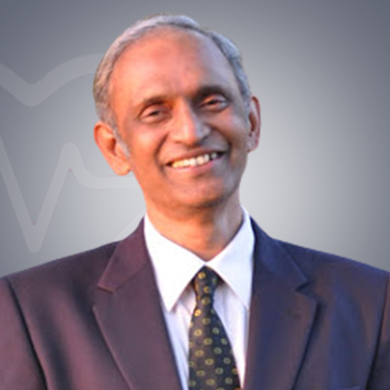
General & Laparoscopic Surgeon
Max Super Specialty Hospital, Vaishali , Ghaziabad, India37 Years of experience
Speaks: English
Listed below are some of the conditions that General Laparoscopic Surgeon R.C.M kaza treats::
Laparoscopic surgery is a common procedure for the treatment of diseases like diverticulitis, gall bladder stones, ulcerative colitis, Crohn's disease, and liver problems, with the help of minimally invasive techniques, so ensuring speedy recovery of patients. The surgeon also performs various gastrointestinal surgery and related endoscopic procedures.
In case your body shows any of the below-given symptoms, consult a General Laparoscopic Surgeon who will help diagnose the underlying conditions:
The above symptoms appear mainly due to conditions related to the abdomen or pelvis. The symptoms can vary from person to person because the nervous system regulates different body functions.
If you want to seek consultation from doctor R.C.M kaza, you can visit him between 11 am and 5 pm (Monday to Saturday). The doctor doesn’t work on Sunday.
Dr R.C.M kaza is a renowned General Laparoscopic Surgeon who performs a number of popular procedures mentioned below:
Laparoscopic cholecystectomy is common these days. It is the surgical removal of the gallbladder through many small incisions and using a laparoscope. A laparoscope is a long camera that allows the doctor to have a view of the surgical area during gallbladder removal. Your doctor may opt for laparoscopic gallbladder surgery if a person develops gallstones or cholelithiasis that cause pain.

Share Your Experience about Dr. R.C.M kaza

A General Laparoscopic Surgeon is a doctor who is trained in laparoscopy technique which involves making small incisions in the abdomen to insert instruments and a camera so that the surgeon can see the organs. The surgeons used this technique to operate on several diseases related to the gallbladder, hernias, etc. A general surgeon has knowledge of the entire surgical process, from the evaluation to preparation, procedures, and post-operative care. The surgeon understands all the basic areas of surgery, including the abdomen and its content, surgical treatment of cancer. The surgeons have expertise in minimally invasive techniques.
A General Laparoscopic Surgeon performs the below-given tests to diagnose underlying conditions:
If a person shows symptoms related to the abdomen and pelvis, different tests are done to identify the cause of the condition. The doctor will perform some tests to detect the condition and plan the treatment as per the test report.
Because general laparoscopic surgeons have a deep subject knowledge in complex surgery, they perform a wide variety of emergency procedures. You should see a general surgeon if you have a hernia, appendicitis, gallstones, or even a gunshot wound. Below are some situations when you need to see a General Laparoscopic Surgeon: